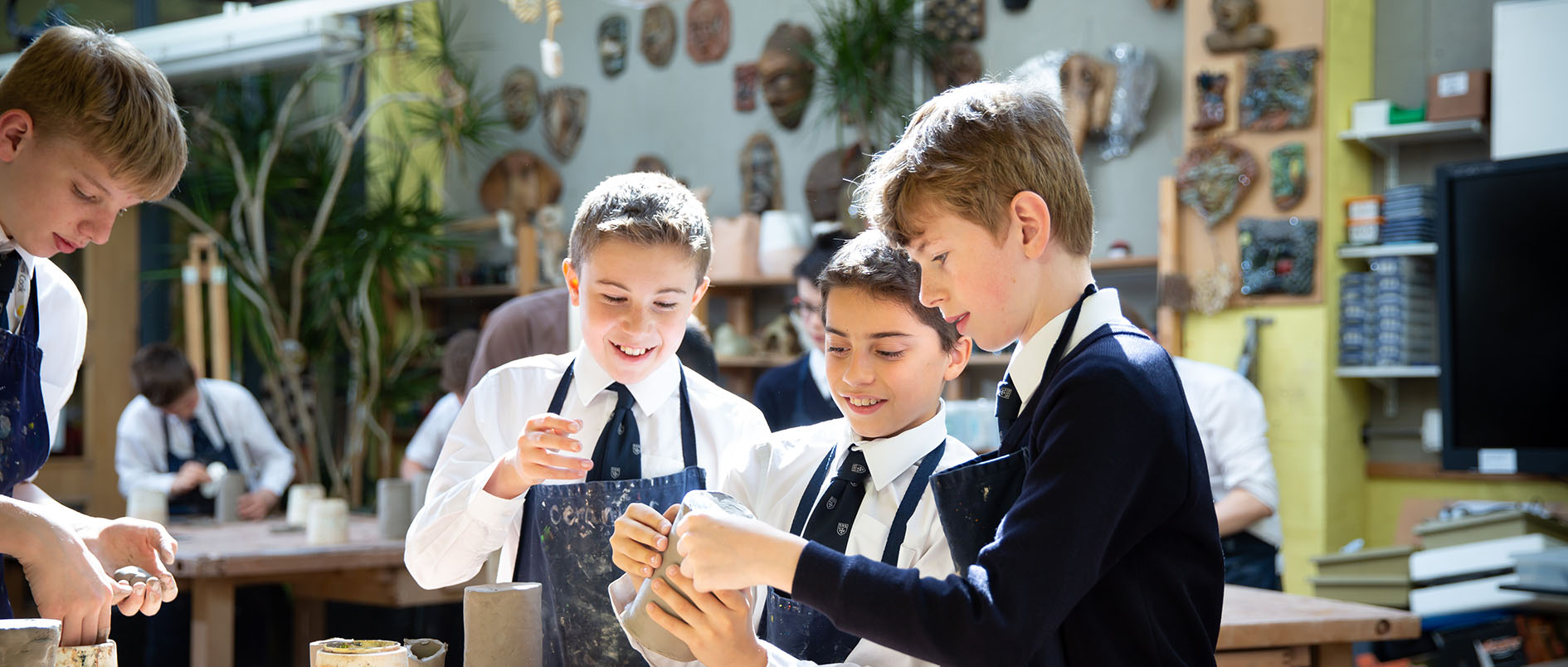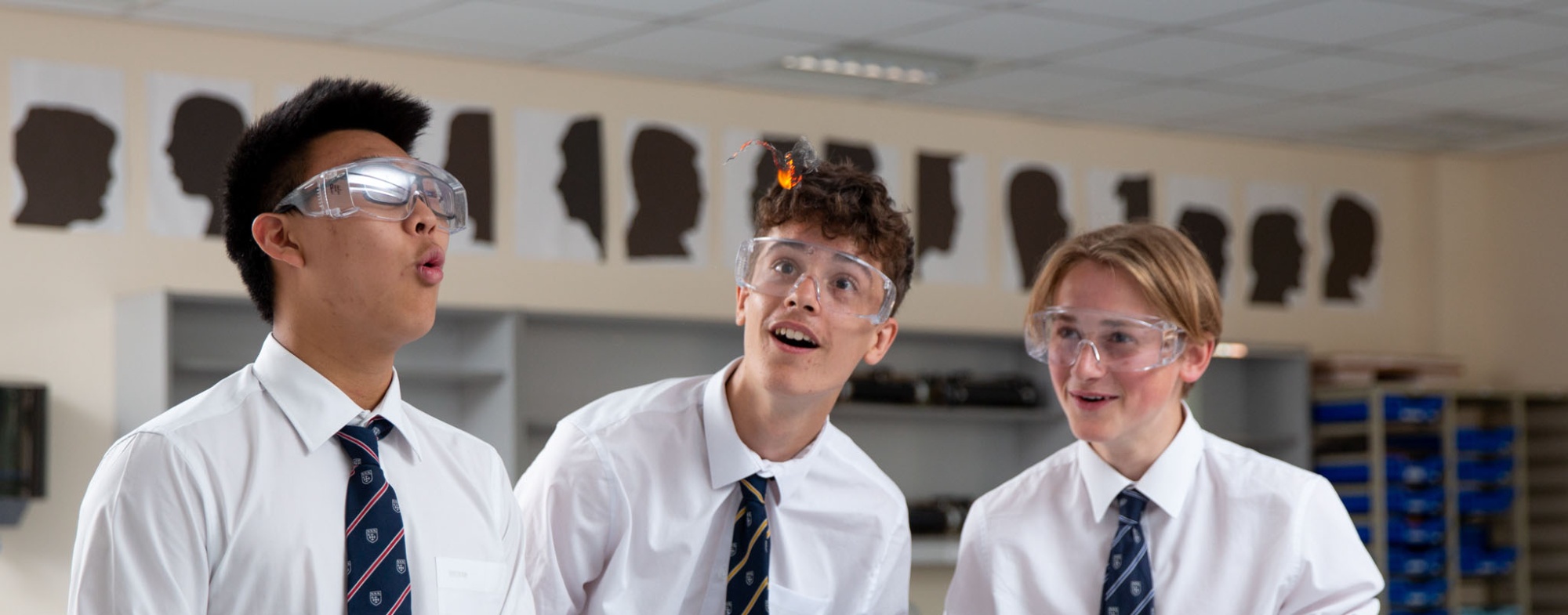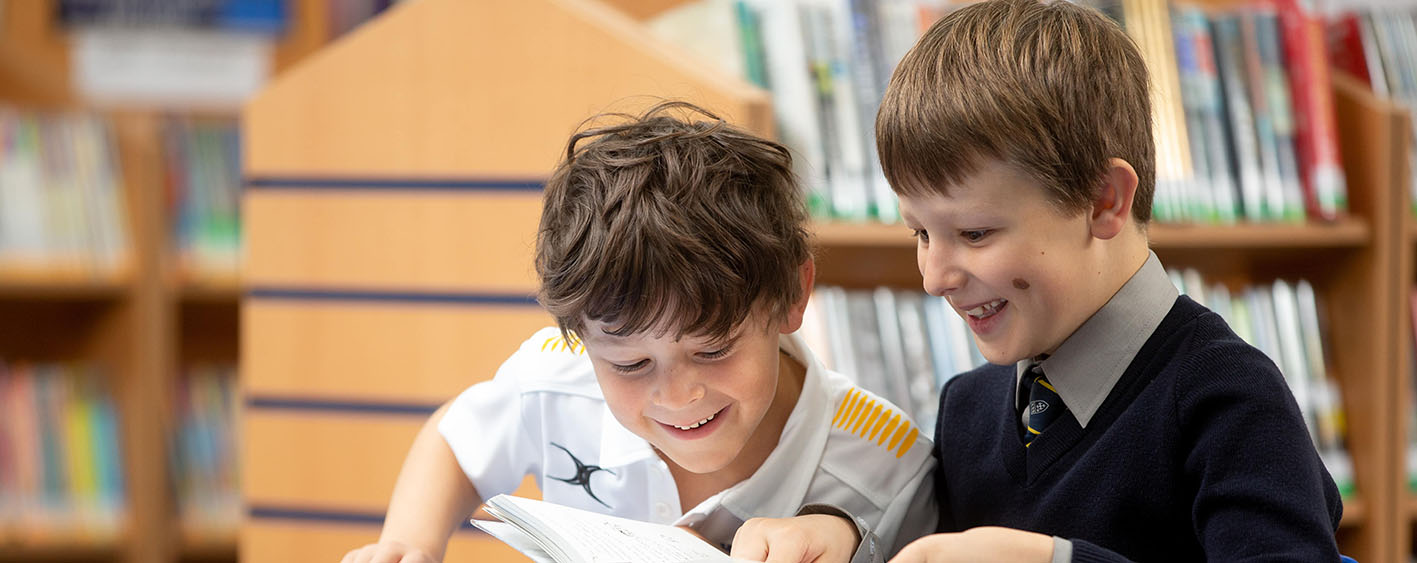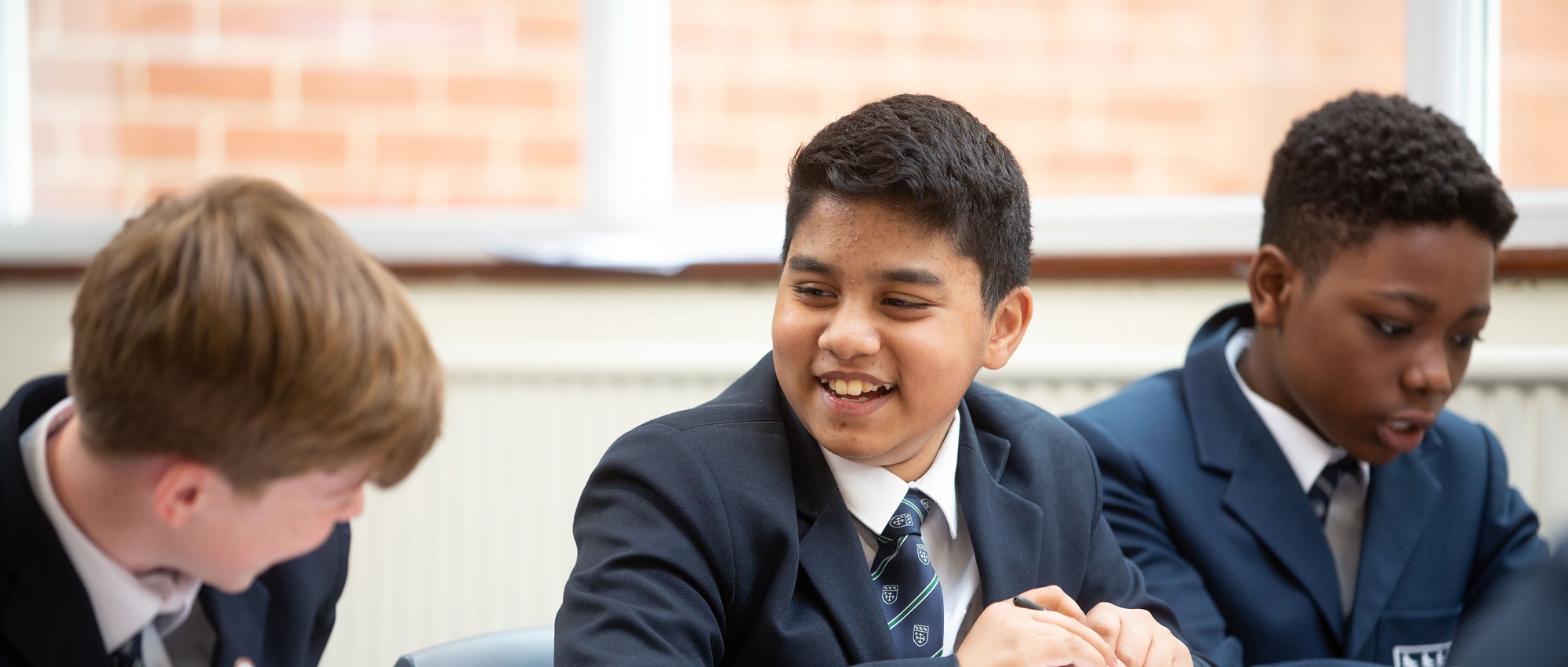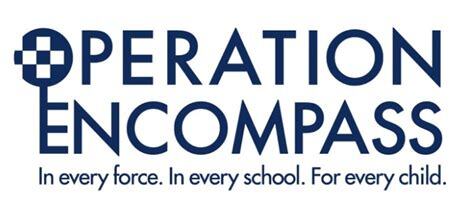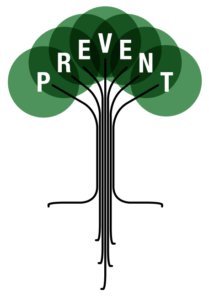Living a different story
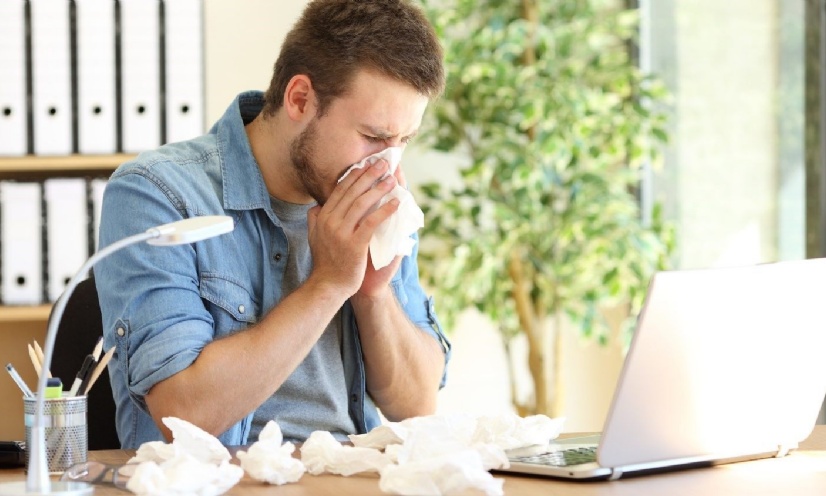
Shortly before the end of last term, I took a day off work. The reason? A bad cold. I probably could have staggered into work and pretended I was doing a decent job, but the truth is, each counselling session takes fifty minutes of intense concentration and the fug of a cold really interferes with the process.
One also meets clients in a confined space, sitting fairly close together, so there’s ample opportunity to spread germs and nor is it particularly pleasant for the client to be faced by a counsellor who is coughing and blowing their nose! After a day mostly in bed, my brain was functioning much better and my energy was almost back to normal. A day of rest was a really good choice.
One of the things I really like about being a counsellor is that, as part of working ethically, we are expected to constantly check our ‘fitness to practise’. That doesn’t refer just to physical illness, it includes our psychological and emotional state. Can we be sure we can give our full and undivided attention to our clients or is there something getting in our way? We are trained to check in with ourselves regularly and with our supervisors (who are usually external to our working environment) if we’re uncertain.
Oh for this to be the case in other fields of work! I’ve done other jobs – I know what’s it’s like. The curse of ‘presenteeism’ – the practice of going to work, even though you’re sick, possibly because you feel insecure in your work place or because somewhere along the line you’ve absorbed a powerful message about work being so very, very important that it trumps all other needs (like sleep, relaxation, good diet or health). Or maybe it’s about ‘not letting others down’ or ‘making work for other people’ or ‘it’ll be less awful to go into work than do all the catching up afterwards’. The one and only escape card is the tummy bug. Then it is mandatory to take 48 hours out of the workplace, after the vomiting or diarrhoea has stopped. Oh joy, oh bliss – but what a price to pay!
What has all this got to do with the wellbeing of the boys at Warwick School? Obviously, of course, the more boys who are ill come to school, the more ill boys we will have. Less obviously, it’s vital to look at what we, as adults, are modelling. The most important teachers that children have are their parents. What we do, they will learn – and we can inadvertently teach them some very dysfunctional stuff.
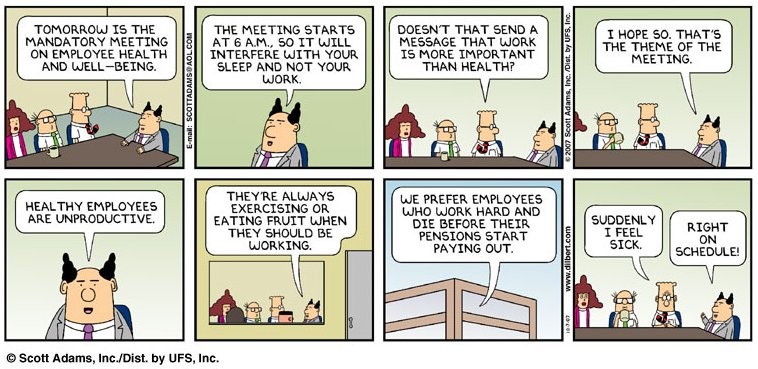
If we stagger into work ourselves when we are ill or skimp on sleep to prioritise work or make a habit of bottling up our emotional difficulties in order to get through, then our children will learn these habits from us. Why wouldn’t they? We are their role models. If we nag them about a healthy work/life balance but don’t have one ourselves, then we are wasting our breath. Actions really do speak much louder than words.
In the past, it was harder to stay alive because poverty was often intense, there were no antibiotics and we knew far less about how to stay healthy. Those who had the wealth to look after themselves when they were ill, did so. You only have to read Jane Austen to see how colds were treated and how seriously convalescence was taken. We have become casual now, thinking we can get away with drugging ourselves up and pushing our bodies on through colds and viruses. We see ourselves as ‘tough’ or as ‘weak’ if we ‘give in’ and stay home. I am no medic – I don’t know whether toughing it out will give us increased physical resistance or will do us lasting harm. What I do know is that if we continually tell ourselves damaging stories, they will affect us psychologically. We will believe those stories and act on them, whether or not they are true and those stories will become the mythology of our families.
We can think and live a story about ‘strength’ that goes something like this:
To be strong and to be seen to be successful, I must persevere through any difficulty, even if I feel terrible or I am ill. Taking time off is weak and for losers. I should be able to overcome my weakness and keep working because I must maximise my potential at all times.
If that’s the story we think and live, that’s the story our children will pick up and are likely to live out. Hello, workaholicism!
Is that what we really want? It is, after all, only a story. There are other, kinder, healthier ones. Here’s just one possibility:
To be strong and to be successful in my own eyes, I choose to persevere when it is appropriate. Taking time off at times is necessary and appropriate for everyone, including me. Sometimes I may choose to push on through in times of difficulty but this will be the exception rather than the rule. I accept that I will have to make choices throughout my life in the use of my potential and that it is impossible for anyone to ‘maximise’ it.
It’s not too late to make a New Year Resolution. Maybe it’s time to reflect on the stories we are telling ourselves and showing to our children. Maybe it’s time to start living a different one.
I wish you all the very best for a healthy and happy 2020.
Meg Harper
Head of Counselling

